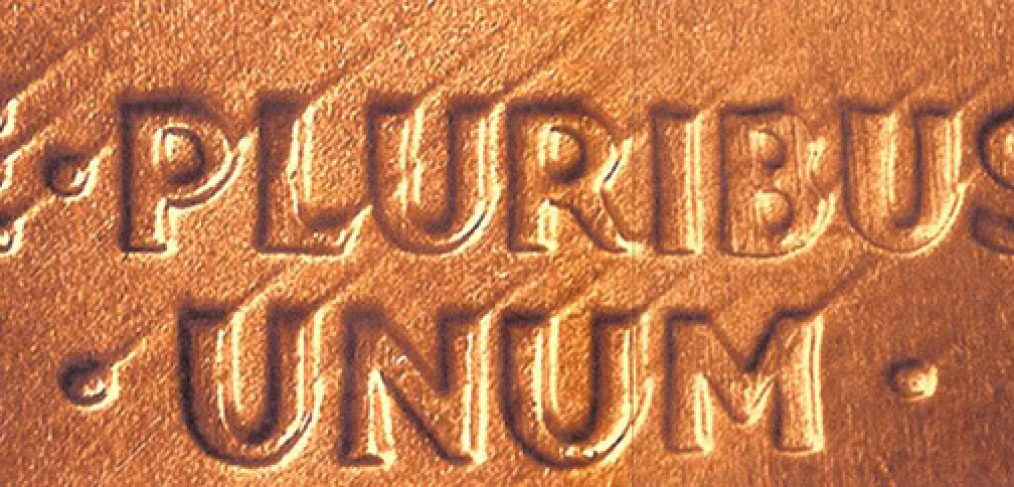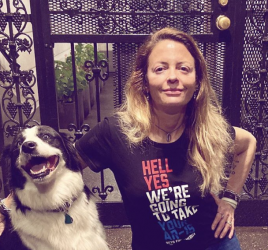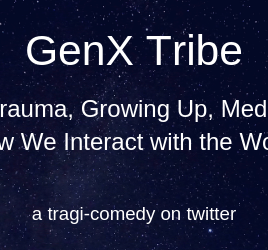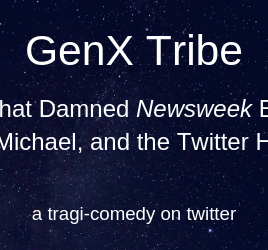
The Fourth of July and the Meaning of the Declaration
“No matter the political climate, the Fourth of July brings Americans together each year.
This year—maybe more than any other in my recent memory—this holiday comes with a great melancholy. My country is fractured. And we live in a world where objective facts and the collectives truths that spring from those have been cast aside by those who value the safety of an individual worldview instead of the complicated idea that is America: e pluribus unum.
My middle school history teacher John Viall—a dedicated and decorated teacher—wrote a wonderful post about this idea.
If you have a moment, read “What the Declaration of Independence Means?” before you head to the lake, or the pool, or the fireworks show.
The Questions
In my American history class, I expected students to be able to answer the six questions below, with answers to all six to be found in a short section of the document, only 84 words long. (See below.)1. Government gets its power from ___.2. If government does not work we have the right to ___.3. Governments are set up to ___.4. If government works as it should everyone will be treated ___.5. Certain basic rights cannot be taken away from you by ___.6. Government should leave you alone to enjoy ___.
The Meaning
Then—as you go about your day, and the next day, and the day after that—keep the answers to those questions with you. And remember: Out of many, one.
The Other Meaning
My former student—and current Chicago TV news reporter—Brandon Pope posted another good reminder about the complexities associated with the Fourth of July. Here is the text of Fredrick Douglass’ speech “What to the Slave Is the Fourth of July?”



